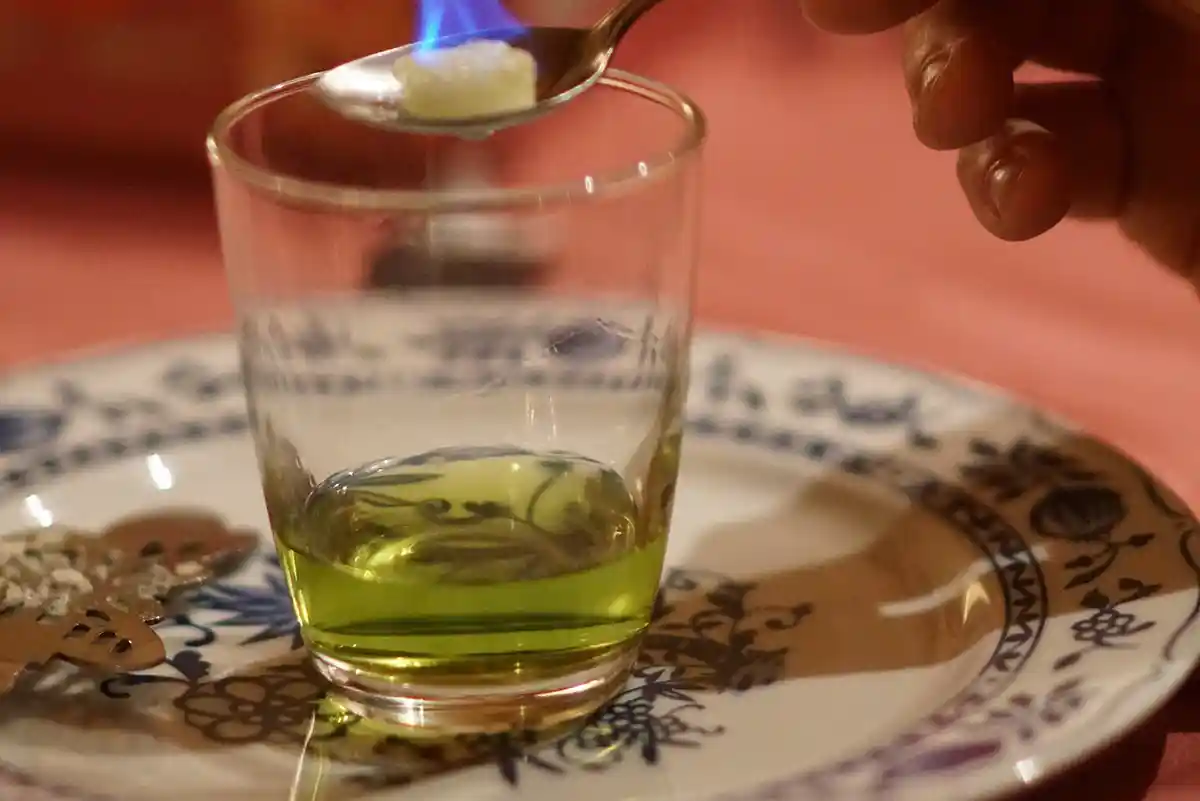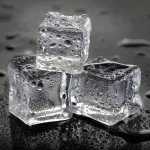Absinthe, the mysterious emerald elixir, has woven its spell of intrigue and desire for centuries. Steeped in legends and mythologies, this enigmatic spirit has captivated the hearts and minds of artists, poets, and hedonists throughout history. In the realm of love potions and forbidden indulgences, few elixirs have held such a seductive sway over the collective imagination. But what lies beneath the surface of this fabled drink? Is it truly a love potion or just an enduring legend?
1. Introduction
In the shadowy depths of history, a unique spirit emerged to enthrall the bohemian souls of the world. Absinthe, with its vivid green hue and anise-flavored allure, became synonymous with creative expression, mysticism, and the pursuit of pleasure. Born in the early 19th century, this potent elixir quickly acquired a reputation as the drink of choice for the artistic and intellectual elite.
2. The Enigmatic Elixir: A Brief History of Absinthe
Absinthe originated in Switzerland, later finding its spiritual home in the bohemian quarters of Paris. The combination of wormwood, anise, fennel, and various herbs and botanicals gave birth to a spirit unlike any other. Initially used for medicinal purposes, it soon became a popular beverage, celebrated for its mesmerizing effects and distinctive flavor profile.
3. The Green Fairy’s Seductive Spell: Absinthe’s Mythology
3.1 The Artistic Inspiration
Absinthe earned its place in the annals of artistic history as a muse for countless creative geniuses. Painters such as Vincent van Gogh and Henri de Toulouse-Lautrec found inspiration in the swirling emerald depths of the drink. Writers like Oscar Wilde and Charles Baudelaire penned their masterpieces under the enchanting spell of the Green Fairy.
3.2 Alleged Hallucinogenic Effects
One of the most enduring myths surrounding absinthe is its purported hallucinogenic properties. It was believed that the presence of thujone, a compound found in wormwood, was responsible for inducing vivid visions and altered states of consciousness. The allure of an elixir capable of unlocking hidden realms of perception added to its mystique.
3.3 The Forbidden Fruit
Absinthe’s allure was further heightened by its controversial status. In the early 20th century, it faced vehement opposition from temperance movements and moral crusaders who painted it as the embodiment of vice and debauchery. The illicit nature of absinthe only added to its appeal, making it a symbol of rebellion and freedom.
4. The Ritual: The Louche and the Absinthe Fountain
The preparation and consumption of absinthe were steeped in ritual and ceremony. The louche, a mesmerizing transformation that occurred when water was poured over the sugar cube resting on an absinthe spoon, captivated the imagination. The delicate dance of swirling clouds and the gradual release of aromas set the stage for an otherworldly experience.
5. Debunking the Myths: Absinthe’s Real Effects
5.1 Thujone: The Mysterious Compound
Thujone, often blamed for absinthe’s alleged hallucinogenic effects, has long been shrouded in mystery. While it is true that wormwood contains this compound, modern research suggests that the levels found in absinthe were not sufficient to induce significant hallucinations. The notion of absinthe as a potent mind-altering elixir is more fiction than reality.
5.2 Absinthism: Fact or Fiction?
Another myth associated with absinthe is the concept of “absinthism.” It was believed that prolonged and excessive consumption of absinthe led to physical and mental deterioration. However, this notion was largely based on moral panic and exaggerated claims. In reality, the harmful effects attributed to absinthe were often the result of poor-quality alcohol or underlying alcoholism.
6. The Revival: Absinthe’s Resurgence in the Modern World
After being banned in many countries for nearly a century, absinthe experienced a renaissance in the late 20th century. With the lifting of prohibitions and the rediscovery of traditional recipes, distillers began crafting authentic absinthe once again. The revival of this elixir allowed a new generation to savor the spirit’s complex flavors and delve into its rich history.
7. The Allure of Absinthe: Why the Legend Persists
Absinthe’s enduring allure lies in its ability to evoke a sense of mystery, artistic expression, and the longing for a bygone era. Its association with the bohemian lifestyle, the pursuit of beauty, and a touch of the forbidden continues to resonate with those who seek to infuse their lives with a touch of enchantment.
8. The Controversy: Absinthe’s Legal Battles
Despite its resurgence, absinthe remains a topic of controversy. Some countries still impose strict regulations and limits on the production and sale of absinthe, often due to outdated misconceptions. The battle between tradition, heritage, and modern regulations continues to shape the perception and availability of this alluring spirit.
9. Conclusion
Absinthe’s seductive mythology has transcended time, leaving an indelible mark on the collective consciousness. It has fueled creativity, inspired countless works of art, and stirred the imagination of those who seek a taste of the extraordinary. Whether considered a love potion or a legend, absinthe’s allure remains intact, enticing adventurers to explore its depths and embrace the magic within.
10. FAQs
Q1: Is absinthe illegal?
No, absinthe is not illegal in most countries. However, certain regulations and restrictions may apply, and the thujone content is often limited.
Q2: Does absinthe really make you hallucinate?
Contrary to popular belief, absinthe does not have hallucinogenic effects. The thujone levels in absinthe are not significant enough to induce hallucinations.
Q3: How should I drink absinthe?
Absinthe is traditionally enjoyed by slowly pouring ice-cold water over a sugar cube placed on an absinthe spoon, diluting the spirit and releasing its flavors. This ritual is known as the louche.
Q4: Does absinthe have a high alcohol content?
Absinthe typically has a higher alcohol content than most other spirits, ranging from 45% to 74% ABV (alcohol by volume).
Q5: Can absinthe enhance creativity?
While the effects of absinthe may vary from person to person, some individuals believe that the drink’s unique flavor profile and historical association with creativity can enhance artistic inspiration.









